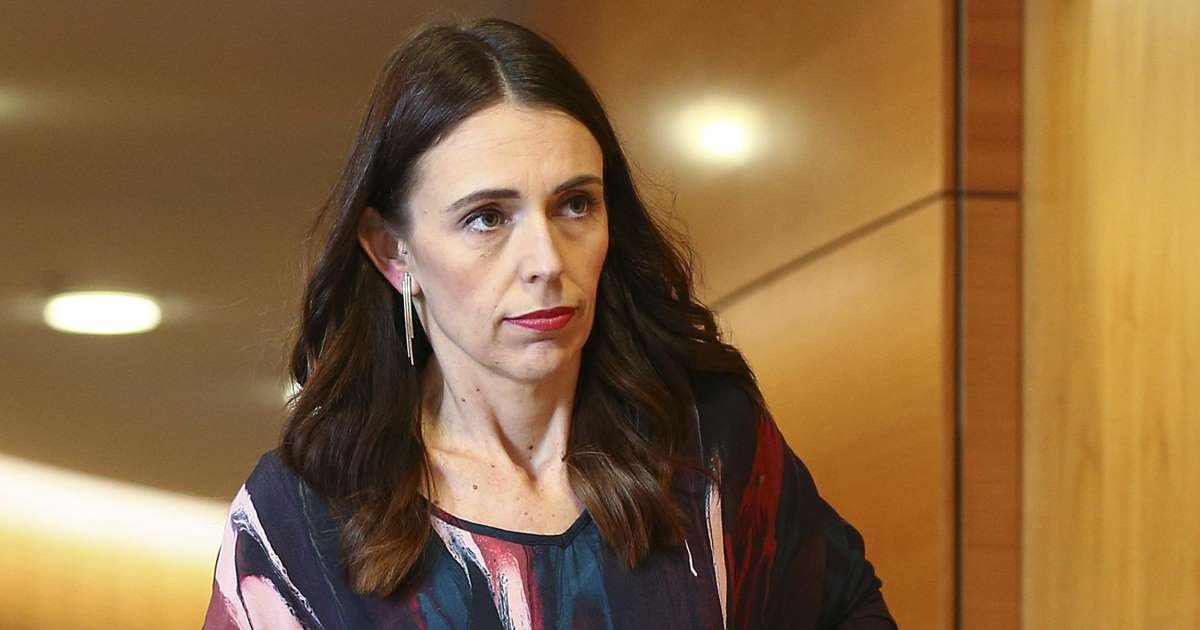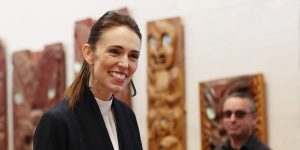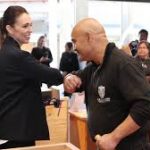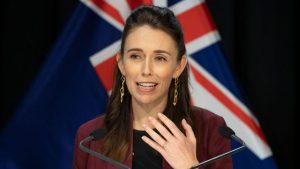New Zealand’s Prime Minister, Jacinda Ardern has been putting the debate on the 4-weekday rescheduling on to the table, hoping that the policy change would help the Kiwi economy and make it get over some of the standstill situation it has been put on .
The PM has said in a Facebook Live video about the idea, saying that this would give more time for people inside the nation to have more time doing domestic tours within the country, putting safety and economy both out onto the frontlines.
“I’ve had lots of people suggesting we should have a four-day week.
Ultimately, that really sits between employers and employees,” Ardern said. However, the idea has merit in that it might give domestic travelers “flexibility in terms of their travel and their leave,” she added. Ardern noted that 60% of New Zealand’s tourism industry comes from locals.
“There’s lots of things we’ve learnt about Covid and just that flexibility of people working from home, the productivity that can be driven out of that,” she continued. The prime minister encouraged employers to consider allowing more flexible work set-ups — including remote work and putting in longer hours on fewer days — if possible, “because it certainly would help tourism all around the country.
”
New Zealand’s own government is no stranger to the idea of an alternative working schedule.
Since 2018, several government agencies have signed up to pilot a program called “flexible work by default.” While it’s up to each participating agency to decide what that arrangement looks like, the government has outlined several possibilities — including allowing people to adopt shorter work weeks, “such as 40 hours over four days, or a nine-day fortnight.
”
In 2018, New Zealand company Perpetual Guardian, which helps customers manage their wills and estates, also held a two-month trial of the concept. The firm said it was so successful, it wanted to make it permanent.
By working just four days a week, employees all reported higher productivity, better work-life balance and reduced stress, according to the firm, which had around 240 staffers.
“It was just a theory, something I thought I wanted to try because I wanted to create a better environment for my team,” founder Andrew Barnes told CNN Business at the time. “They went beyond my wildest dreams.”
If you liked this article, please LIKE SHARE AND COMMENT below! And don’t forget to check our other articles along the way!
Replaced!





